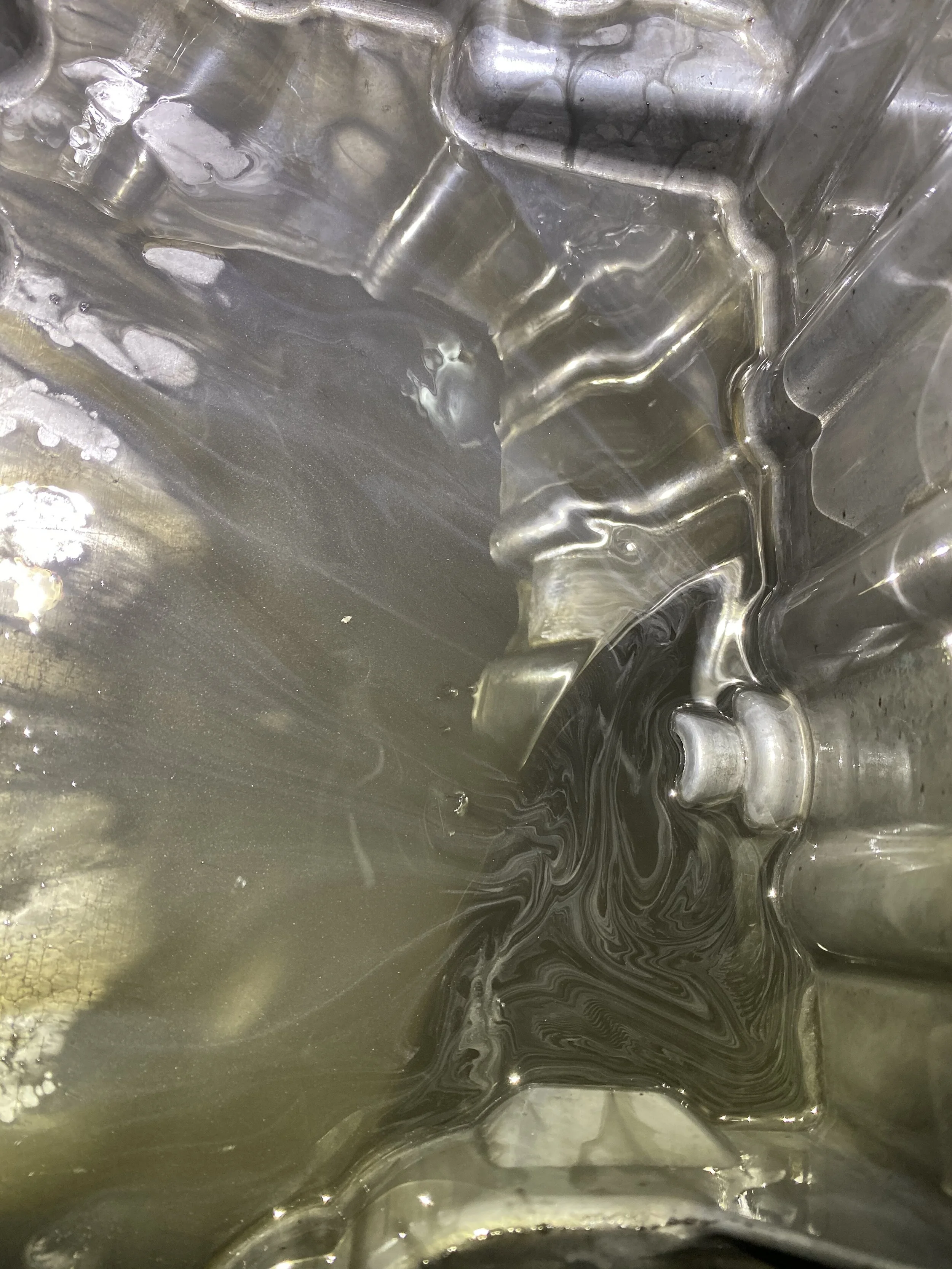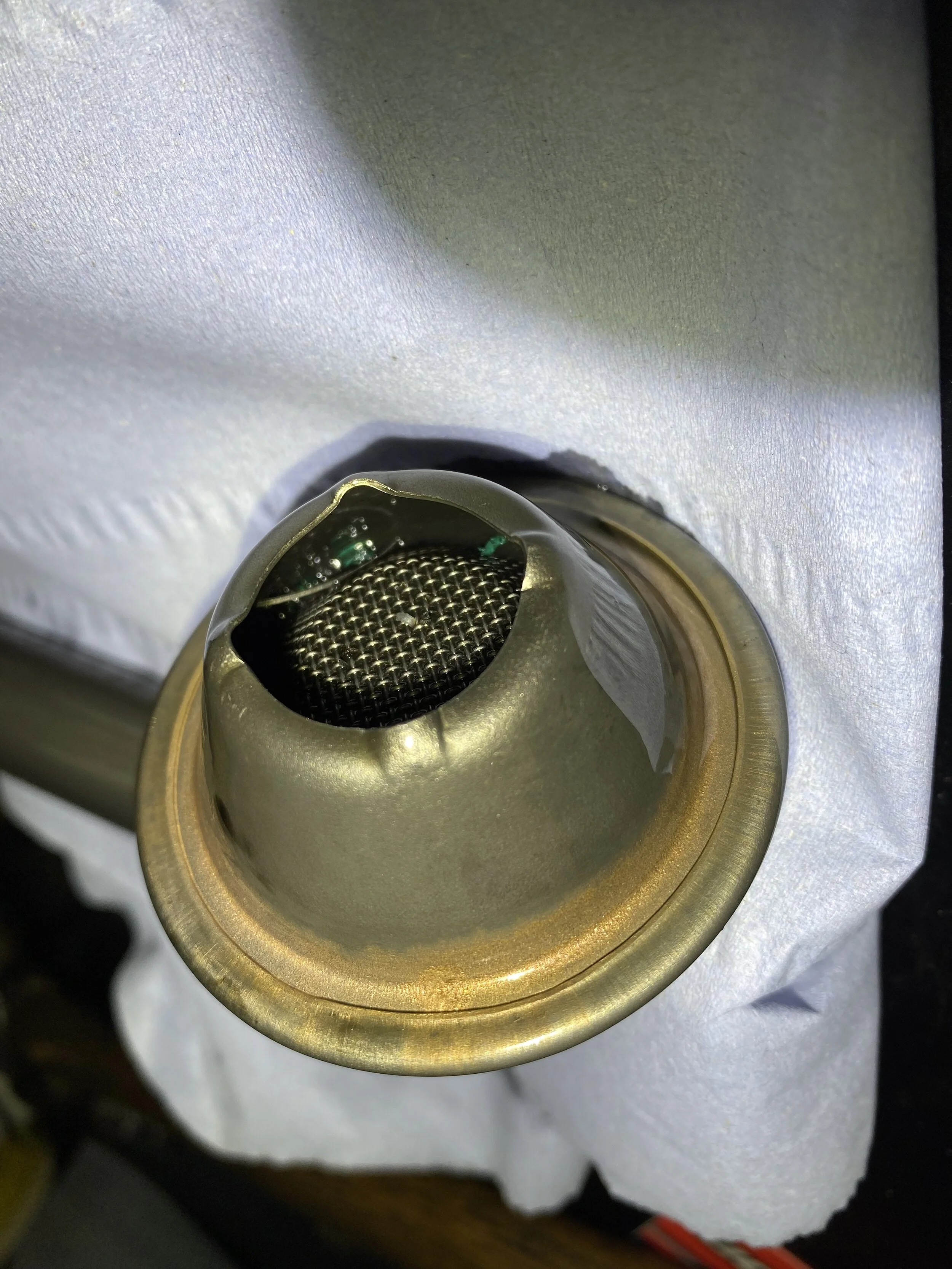A little while back I previously touched on the importance on regular check ups on your car in another post. Today I am going to back up what I mean by this.
If you have ever broken down, or been in a situation where you have to go without your car for a few hours, days, weeks you will know how stressful and how much of a life changer it really is, You have to rely on external factors that affect your day and you will need to find some sort of financial benefactor be that your savings, a loan, parents or whoever to afford to investigate the problem let alone fix it.
So what are we suggesting here?
Why aren’t individuals getting regular check ups on their vehicle?
Is it a time commitment issue?
Is it a financial reason?
Could it be a lack of understanding on the issues that it could cause?
Or possibly false information being supplied by incorrect or less credible sources causing ignorance by the owner ! 🤦🏼♂️
Majority of my own research from speaking to various customers has been spent trying to find out why of regular health checks are not a something that is carried out. The responses I received were all of the above but the main reason being the later. LACK OF CREDIBLE INFO!!!
Forums!
Il say it again..
FORUMS!!!!
Forums can be a great source of information and can actually help you IF THEY HAVE CORRECT AND CREDIBLE INFORMATION! I cannot express the amount of times in my career that I’ve been stumped by a fault and looked for guidance via what seems a reputable source and it’s just wasted hours of my time but more importantly customers time or money!
Here is something called the INFORMATION BIAS, if 1000 people said that you don’t need a MOT anymore because the law has changed, does that make it credible because 1000 people have said it? No! it’s still wrong and 1000 people would be wrong. This is the same with potential guess diagnosis on vehicles on forums. They may not be credible and you should only use what is said as a guide and is relevant.
If your going to take what seems like great information from the web or from “my dads mates dogs breeders sisters boyfriend who’s a mechanic said” then make sure what your getting is credible information! A lot of garages or mechanics will be happy to take your money if you ask/tell them to replace a certain component because you saw 6 people of “onlyforumsaboutcars.com” fix the “same” fault with this particular component. There is no liability for the garage or mechanic which in turn means you have no excuse or reason to not pay them leaving you on the back foot before you start!
How many people are pro-active with their vehicles? How many people check their vehicle before they think a fault occurs?
I collated data on the subject and it turns out 8/100 people I asked vaguely have their car checked other than for a MOT!
That’s less than 1 in 10!!!
Let’s think about that for a second?!?
That data would suggest that from the information given in my previous post (MOT STANDARDS and what it means for you!), 92/100 people do not provide adequate maintenance POST-MOT as its “a years motoring” to most. Driving on the road with a known defect could potentially end up with you further damaging your vehicles longevity, you could end up injuring yourself or more importantly injuring others.
For example, I was called out to attend to a customer who ran a business and needed their van for work. I can relate to that, I need my van for my business, people need their cars to get to work and I felt empathetic towards this individual so I went out at the earliest time I could between other bookings.
When I arrived the vehicle would not start, the battery was flat, completely flat, no lights on the dashboard, wouldn’t even crank over (making the engine noise without running). Firstly I checked the battery voltage with a multi meter and it was completely below spec. I then tested the battery with a reputable battery tester, again this failed. I visually inspected the battery through the inspection whole which also confirmed its demise. But why had it died? The vehicle was 4 years old and had relatively low miles on it. This isn’t unheard of but experience has taught me that this was an investigation that required further diagnostics.
Firstly I replaced the battery as I had confirmed the fault was there. Once a new battery was fitted and the relevant computer adaptions were carried out, i could now start and make sure the vehicle ran. Fortunately it did, my suspicions but were correct. As I was carrying out my checks I noticed that the battery was being charged. We carried out a alternator load test and confirmed that the alternator was not charging the battery, upon inspection of the alternator I noticed it was covered in oil. The alternator was contaminated and no longer could continue to work as it should.
After spending a rather little amount of time inspected the engine’s oil leak I confirmed it’s cause and removed the pipe so I could show the customer.
Why am I telling you this now...?
The customer had previously been told not to worry about his minor oil leak over a year ago and as it’s “something that just happens with these vehicles”. The false information supplied to the customer not only lost him an exceptional amount of money but also lost themselves a days work all for the price of £48 pipe.
The £48 pipe that split, leaked oil, contaminated the alternator which then didn’t charge the battery, killing the battery.
Having all of this done, the customer then had a bill in excess of £600 + the time out of work.
We charge £25 for a health check...
We will let that sink in.
£25 once every 3/6 months could allow you to be pro-active in the way we look at our vehicle. You would :
Identify faults before they get worse
Have peace of mind knowing your vehicle is checked over and is safe on the road.
Save money for the future so you can invest in your safety
Prevent potential stress for your own mental wealth.
You have a check with the dentist every 3/6 months and you are pro-active with looking after your teeth, why wouldn’t you want to be pro active with the way you look after your car?
If anyone has any questions about their vehicle they want answering, any topics you can suggest that you may want to talk about or want to make a booking, please feel free to contact us:




